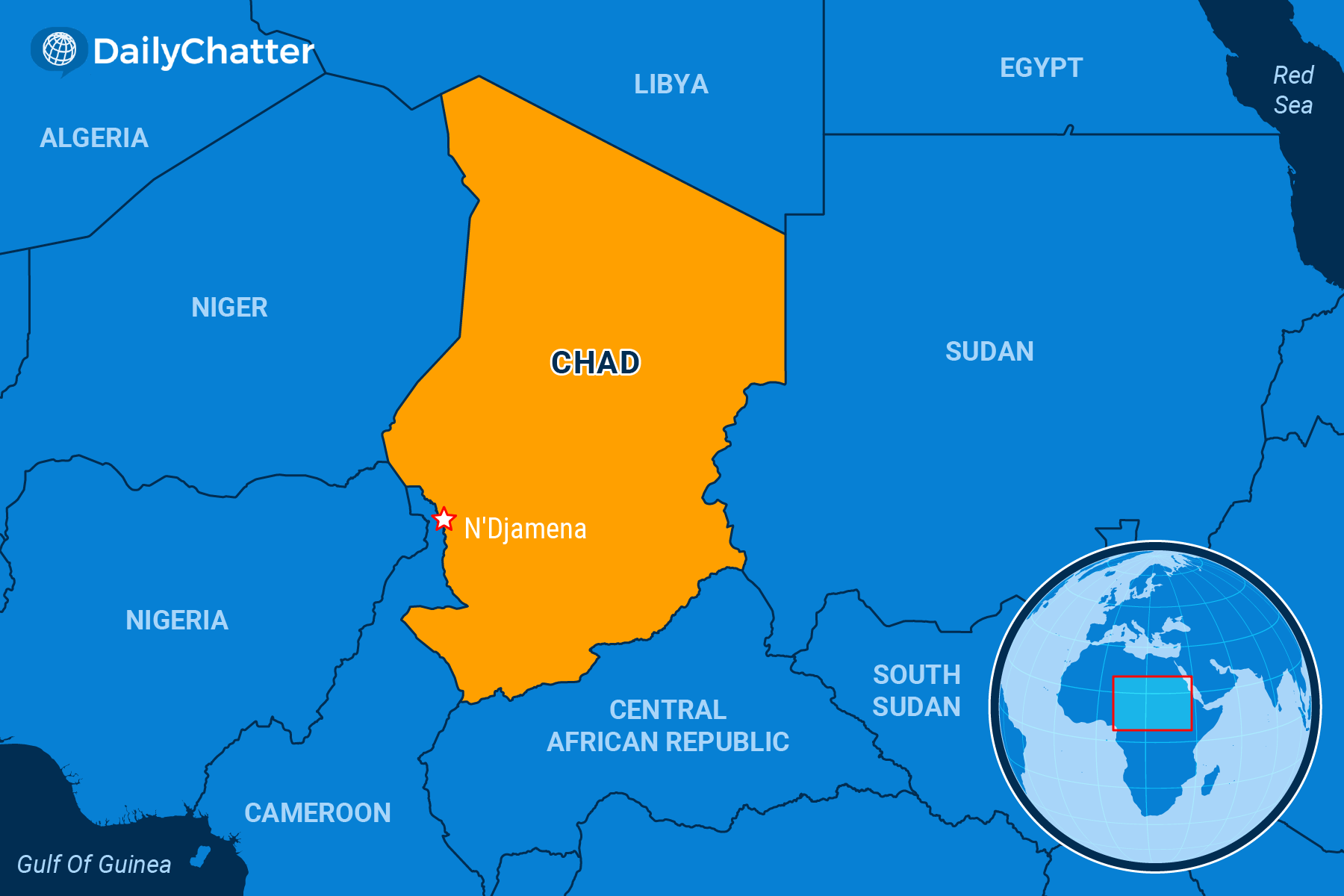Like Father, Like Son

Opposition and civil society leaders in Chad recently asked the military junta running the Central African country to ask French troops to leave.
The opposition leaders want France, which formerly ruled Chad as a colony, to stop meddling in the country’s affairs, wrote Voice of America. Their voices are among many in the region who have been insisting that officials in Paris mind their own business and drop their imperialistic policies, bne IntelliNews explained.
For example, last week, the two remaining members of West Africa’s G5 Sahel alliance, Chad and Mauritania, said they were paving the way to dissolving the anti-rebel grouping backed by France after the other three founding countries – Burkina Faso, Niger and Mali – left after military coups.
The alliance, backed by France, which deployed soldiers to members’ territories, was created in 2014 to fight insurgencies. But the military rulers of Burkina Faso, Niger and Mali have all accused Paris of having an outsized role in the alliance and meddling in national affairs.
French troops frequently clash with Chadians, also. In September, for example, protests erupted after a French medic shot and killed a Chadian soldier who was receiving treatment on a French base. Chadian security forces fired live rounds into the crowd to end the unrest.
Critics of military chief and transition president Mahamat Idriss Deby, furthermore, claim that the French forces are bolstering Deby’s hold on power. The son of Idriss Deby Itno, the dictator who ruled Chad for 30 years until he was killed fighting militants in 2021, Deby had promised to cede power to a civilian government in October 2022. But he has extended his term to November 2024.
Chadians took to the streets to protest that decision in October 2022. As Human Rights Watch explained, security forces quelled the demonstrations with excessive force, killing 128 people and wounding more than 500. Deby has yet to hold anyone to account for the violence.
This context is important to consider as Chadian voters prepare on Dec. 17 to approve or reject a proposed new constitution. Deby and supporters of his junta are supporting the constitution, which would concentrate power in the head of state and central government, reported Africa News. His critics in the opposition, who prefer a federal system that disperses power to the country’s regional governments, believe the proposal is designed to maintain the junta’s power.
Noting that landlocked Chad is strategically important because it borders six volatile countries – Cameroon, the Central African Republic, Libya, Nigeria, Niger, and Sudan – Daniel Eizenga and Katie Nodjimbadem of the Africa Center for Strategic Studies sided with Deby’s critics.
“The December constitutional referendum seems intended to provide a veneer of validation for the junta’s continued management of the transition leading to presidential elections in October 2024,” they wrote. “The pattern of delay and obfuscation echoes the long-honed tactics of Idriss Deby who came to power by force in 1990 and then held on to it for three decades by evading term limits, resisting calls for democratic reform, and putting down multiple armed rebellions.”
The son, of course, is not the father. Many Chadians, however, see a spitting image.

Subscribe today and GlobalPost will be in your inbox the next weekday morning
Join us today and pay only $32.95 for an annual subscription, or less than $3 a month for our unique insights into crucial developments on the world stage. It’s by far the best investment you can make to expand your knowledge of the world.
And you get a free two-week trial with no obligation to continue.
